You may be wondering if it’s necessary to register for GST if you manage a non-profit. Do not be concerned! This blog will give you a straightforward explanation. The GST regulations may still be applicable in some circumstances even if non-profits are not for profit. If you want professional assistance with GST Registration Online in India, contact Eazy Startups today. Our professional team ensures a hassle-free and smooth GST registration process, guiding you through each step. With our knowledge and experience, you can confidently handle your GST application without stress. Reach out to us today for reliable and efficient services.
Now, let’s discuss GST registration for non-profit organizations:-
1. What is GST, and Why Does it Matter?
2. When Do Non-Profits Need GST Registration?
3. Are Donations and Grants Taxed?
4. Activities That May Attract GST
5. Benefits of GST Registration
6. How to Register for GST
What is GST, and Why Does it Matter?
In India, the delivery of goods and services is subject to the Goods and Services Tax (GST). It took the place of other taxes, including service tax and VAT. Since non-profits don’t turn a profit, you might assume that they are exempt from GST, but that isn’t always the case. If your business generates income from selling goods or services, you might have to abide by GST regulations. For instance, GST may be applicable if you charge for workshops, merchandise, or event tickets.
When Do Non-Profits Need GST Registration?
A non-profit must register for GST if its yearly revenue (or turnover) surpasses Rs. 20 lakh. This cap is Rs. 10 lakh in states that fall under special categories, such as the Northeast.
No matter how much money you make, you must register for GST if your company sells products or services across state lines.
Are Donations and Grants Taxed?
The good news is that grants and donations are exempt from GST as long as no goods or services are expected in exchange.
For instance, GST won’t be applied to donations you receive to support a shelter or school. GST might be applicable, though, if you provide something in return, such as sponsorship or promotional advantages.
Activities That May Attract GST:
Certain non-profit operations may be subject to GST. Among the examples are:
- Selling products like t-shirts, books, or souvenirs
- Conducting paid workshops, training programs, or events
- Renting out property or facilities
GST compliance is required if these actions generate money for your company.
Benefits of GST Registration:
Although GST Registration Online may seem like a nuisance, there are advantages:
- You can claim an Input Tax Credit (ITC) on GST for expenses like rent, printing, or supplies.
- It gives your organization a professional and transparent image.
- GST compliance makes it easier to partner with businesses and other organizations.
Non-profits benefit from lower total expenditures when they can claim ITC.
How to Register for GST:
The GST registration procedure is easy to complete online:
- Visit the GST portal (www.gst.gov.in).
- Fill out the necessary details and upload imporatnt documents like your PAN card, address proof, and bank details.
- Submit the form and receive your GST Identification Number (GSTIN).
- If you find it tricky, seek help from a tax professional.
Wrapping Up
Not all non-profits are exempt from GST. You might have to register and abide by GST regulations if your company generates income from the sale of goods or services. While paid programs, sales, and property rentals may be subject to GST, donations are typically safe.
Keep track of your earnings and, if necessary, register for GST. Building trust and avoiding penalties are two benefits of compliance. Seek advice from a specialist if you’re not sure. Being safe is always preferable to being sorry! Don’t forget to reach out to Eazy Startups for professional help with GST Registration Online or GST Registration Cancellation Online in India today. Visit our website for more details.

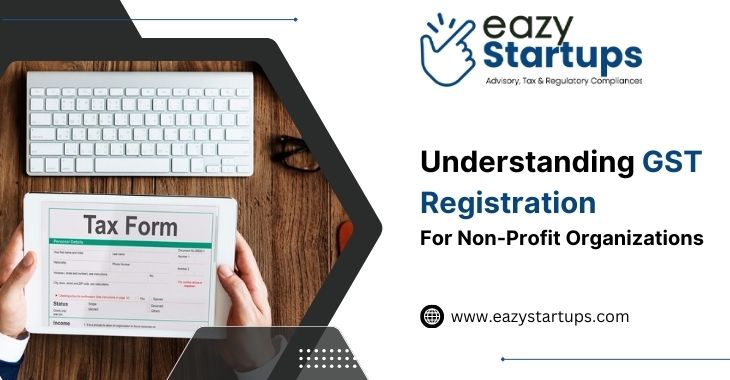

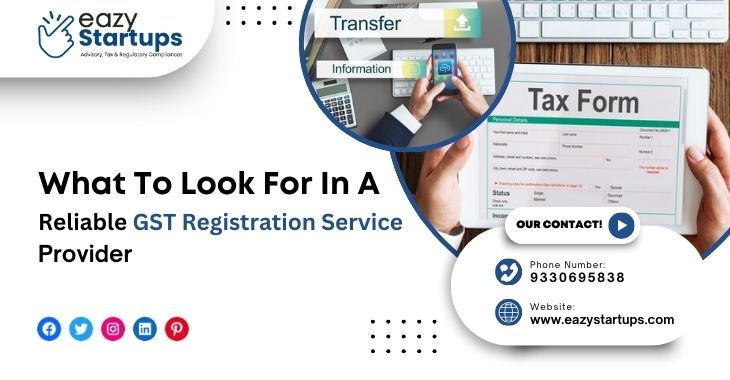
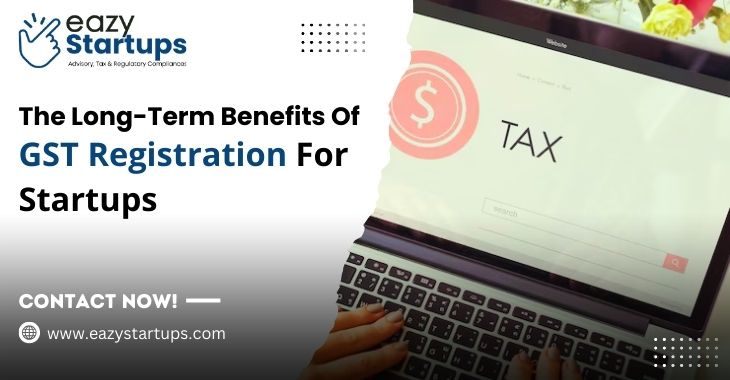
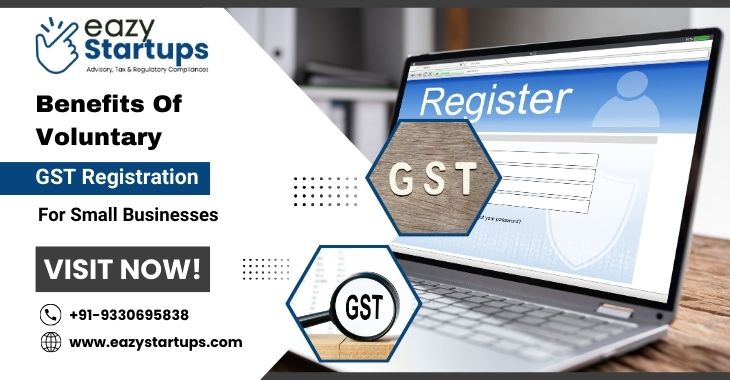
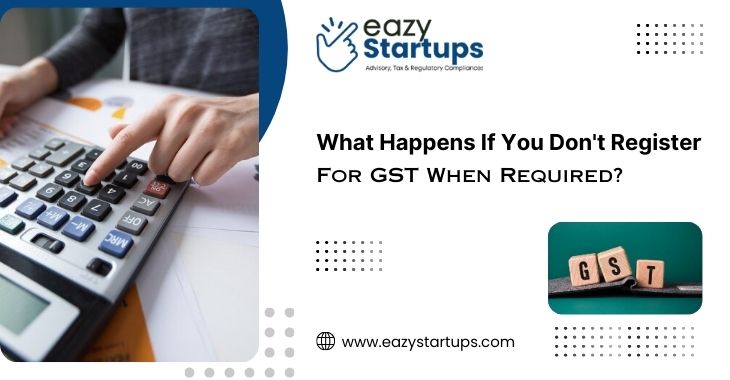


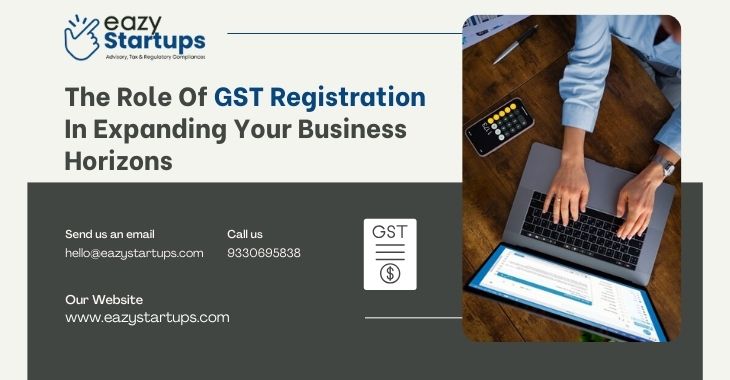
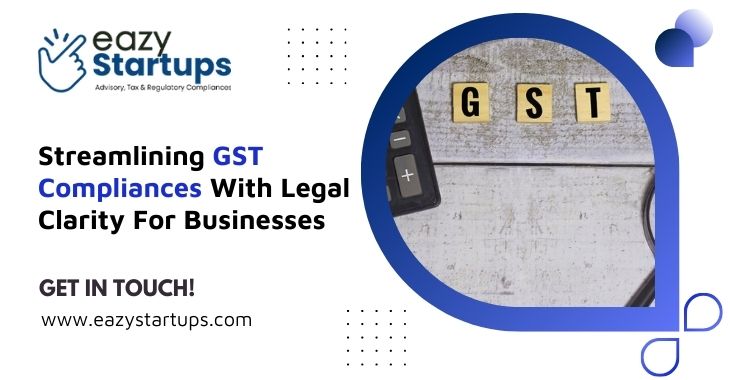
Recent Comments